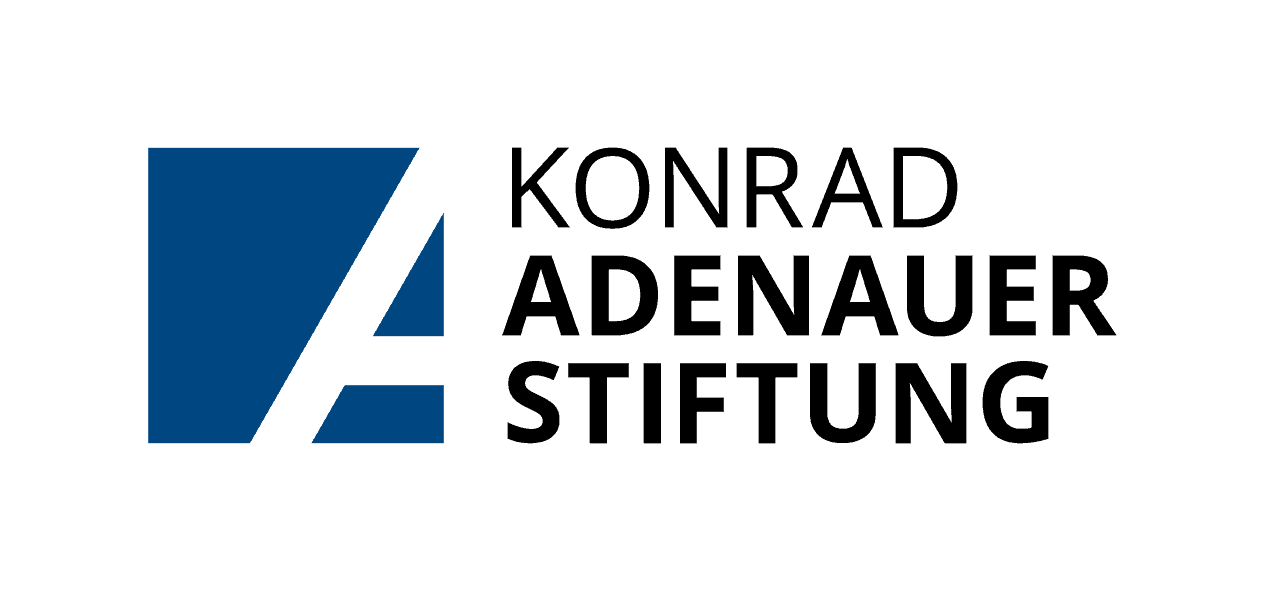Begin with evaluating your source material, such as a tip-off or an anonymous open letter published on a website. From the get-go, you have to ask who wrote this, what his credentials and motivations are. Anyone can post anything on the web, from genuine experts to conspiracy theorists to lobbyists with commercial or political interests.
If you’ve managed to establish the person’s identity, you would then need to read up as much as possible on the person. Try to get his life story: where did he study, what directorships does he hold? Check his Facebook account and tweets. If he mentions a new enterprise, look at the main players and see if there are links between the firm and the person’s colleagues, rivals or relevant figures in government. If the new agriculture minister also sits on the board of a major grain-trading company, is this legal? Even if it is permitted, has this conflict of interest been declared? Having a handle on such links would not only help you evaluate the strength of your tip-off but also provide useful insights for your story later.
Talk to people who know or have worked with this individual. How do they describe him/her? If what these people say contradicts your intended headline, you might be on the wrong track. But beware of ‘inner circle superlatives’– you should not immediately trust every reference.
A few questions should also come to mind when you read reports of scarce supplies – like petrol, land or scholarships. Asking who controls or administers these resources and how the allocation mechanisms ought to work can help identify potential corruption. Investigative journalists can get an idea of what information these individuals have revealed and how much they are hiding.
You should also question the authenticity of documents meant to bolster allegations. It is fairly easy to create documentary ‘evidence’ that seems to underpin false or partial allegations – anyone with access to official letterheads (or Photoshop), a computer and a photocopier can do it. Even if they are real, documents can be carefully selected to paint a partial, half-true picture, with other crucial documents strategically omitted. Verify the authenticity with trusted sources within the government.
At times, documents can be so complex or technical that non-specialists would need to rely on someone else’s expertise. Such documents should be discussed with independent experts, such as accountants, lawyers or doctors. But even seemingly simple documents are prone to misinterpretation. Sometimes an allegation turns out to be true, but the misconduct may be relatively insignificant. When corruption allegations fly as commonly as mosquitos, journalists must be careful not to fall victim to other agendas.
After sieving out the hints, rumours and tip-offs, you would want to begin with the investigation as soon as you can. Before you delve more deeply into your research, you should have a game plan on how to proceed. What are the first steps, and what do you have to keep in mind before and during the investigation? The next chapter will shed light on these questions.

